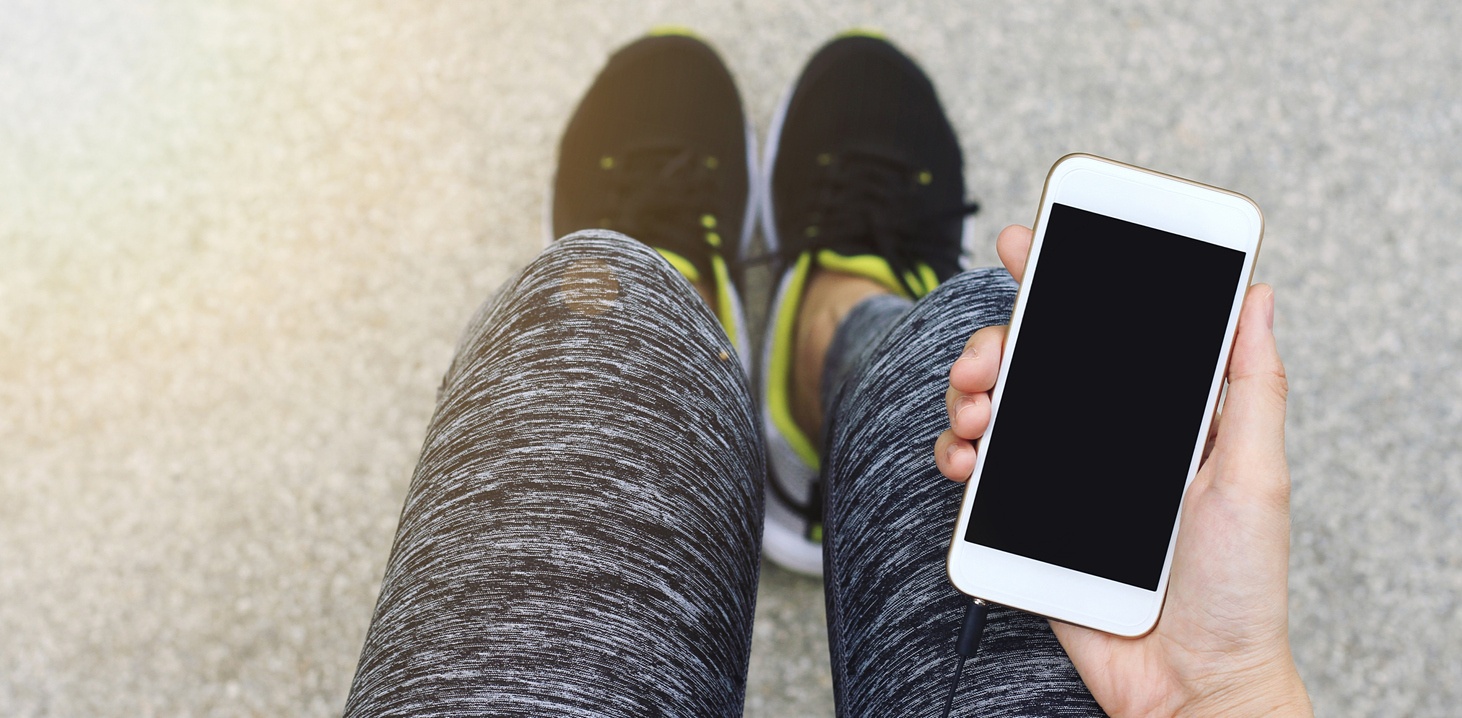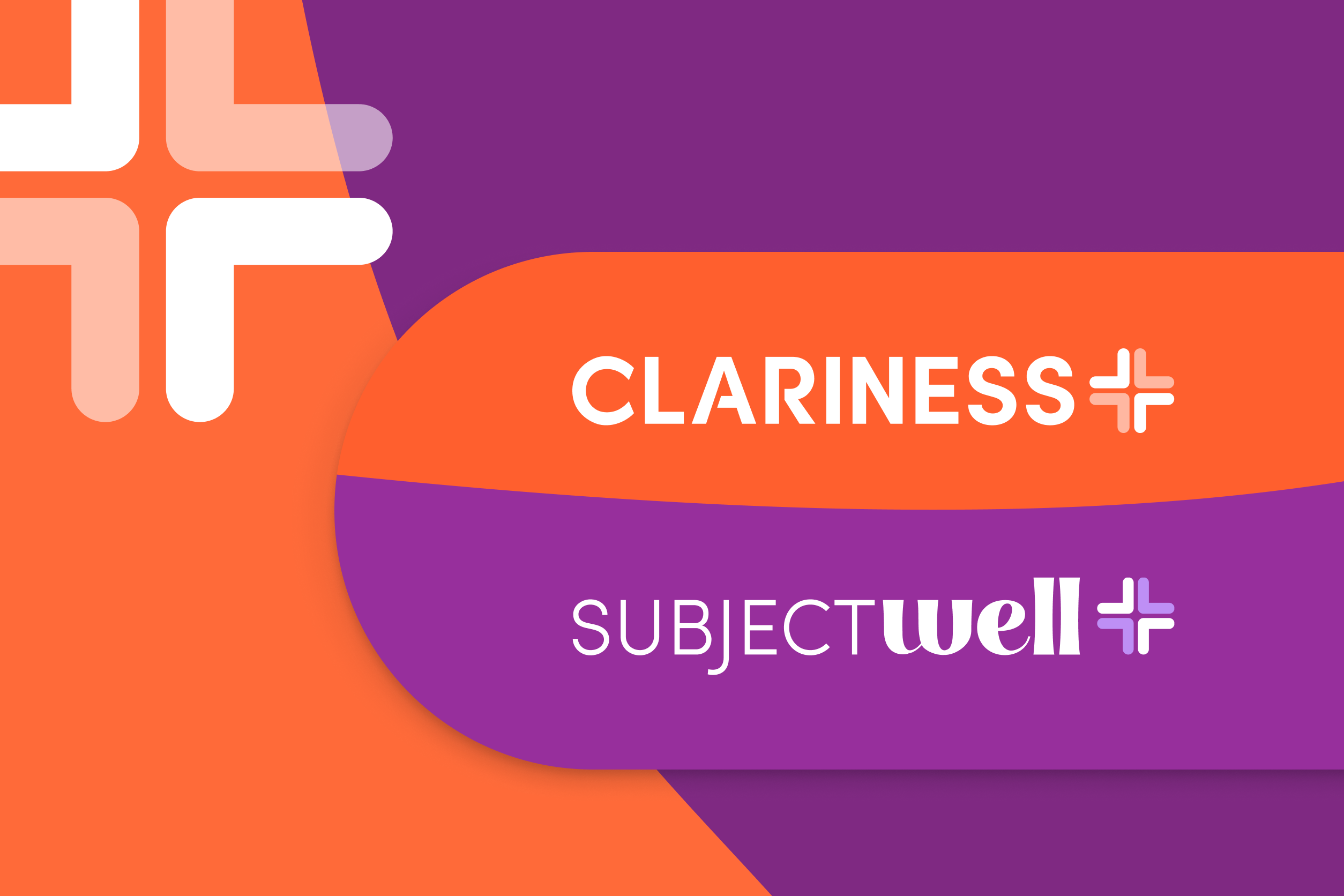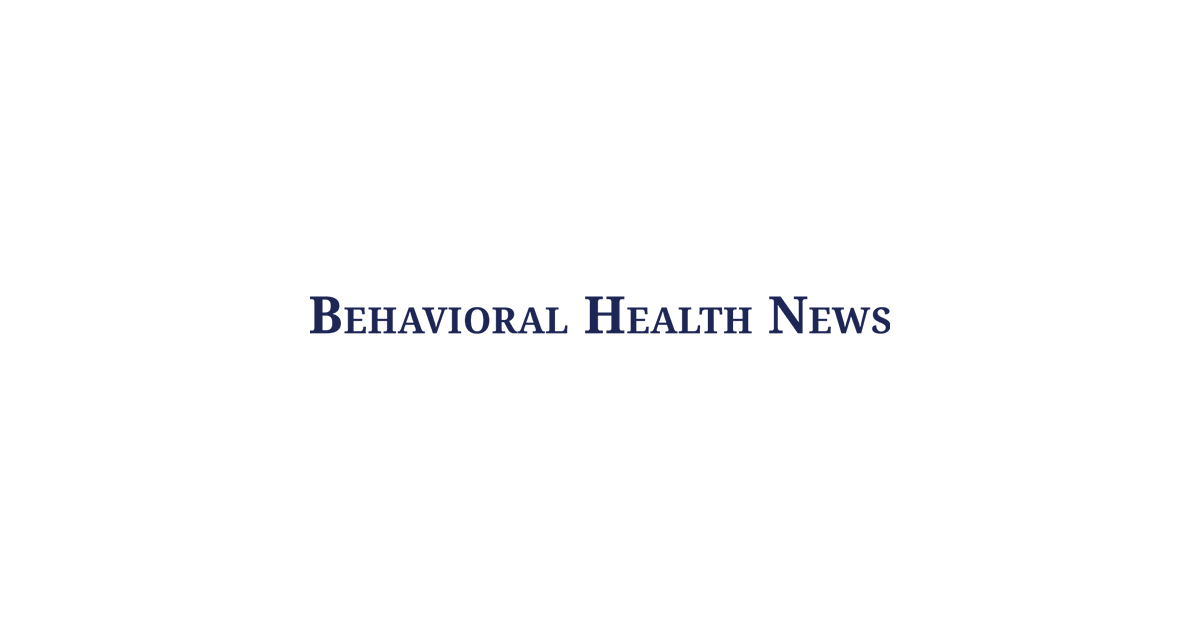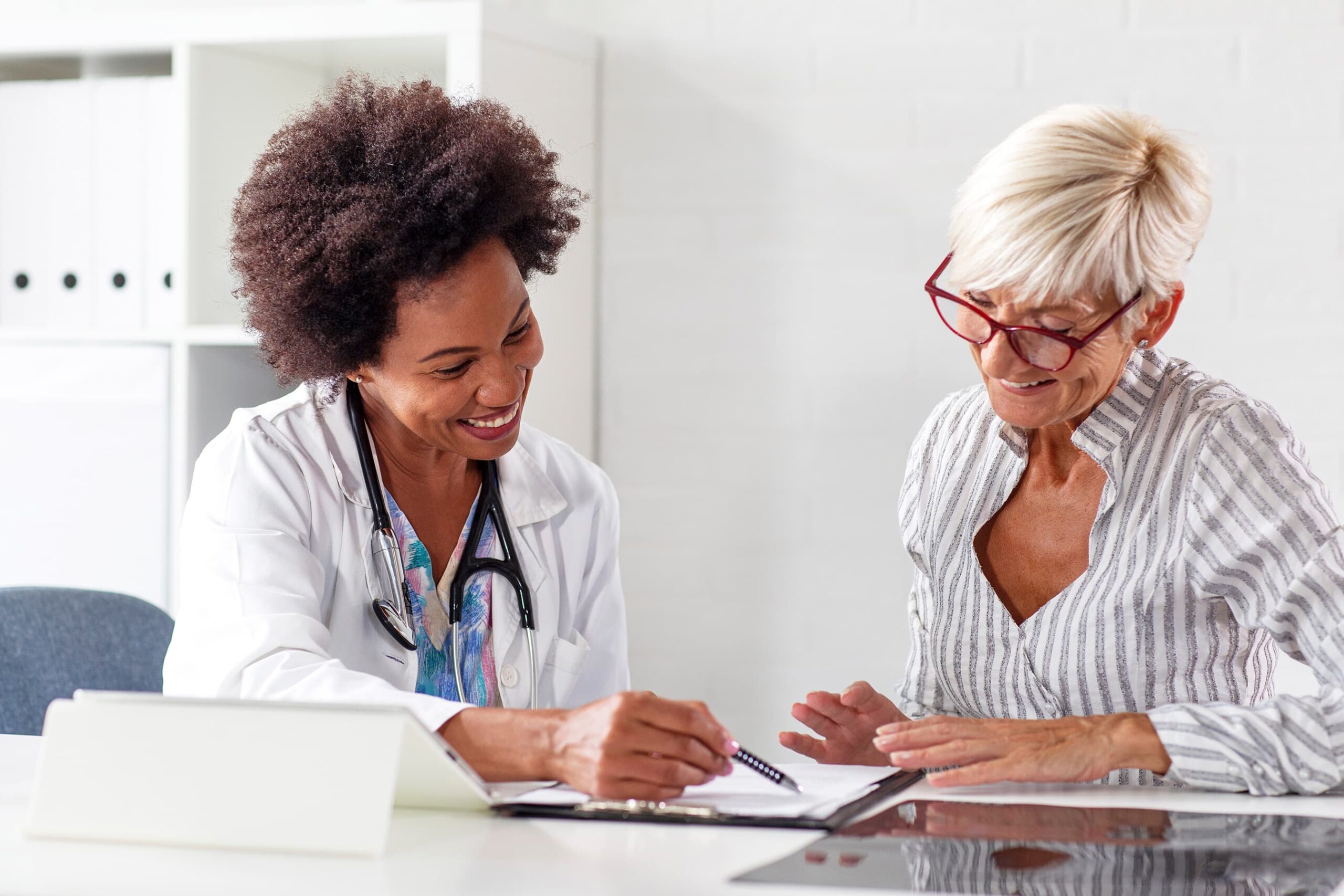
The FDA’s new healthcare app takes a patient-centric approach to collecting data for clinical trials.
Clinical trials have long searched for ways to reach niche patient audiences and collect real-world data. Thanks to the growth of mHealth in recent years, CROs and sponsors have been able to build valuable data sets and introduce patient-centric collection measures throughout a variety of studies.
With the introduction of the MyStudies app, the FDA is joining the mobile health movement to improve clinical trial breadth and efficiency. The new app has the capability to collect data through sources like patients’ mobile devices, electronic health records (EHRs), and product and disease registries. It can also assess patient-reported outcomes as well as prescription and over-the-counter medicine use.
After a successful pilot study with Kaiser Permanente, the FDA is releasing the app’s open source code and technical documents, which will enable researchers to customize the app for their unique needs. The source code is available for both Apple and Google Android versions.
“Our hope is that the collection of more real-world data directly from patients, using a secure app, will lead to more efficient product development and assist with safety monitoring,” explains FDA Commissioner Scott Gottlieb, MD. Clinical trials that use the FDA’s app can expect to benefit from the diversity of patient information as well as the privacy measures it has put in place.
Benefits of Mobile Health for Clinical Trials
The development of the MyStudies app is an important step toward the widespread adoption of mHealth, which allows researchers to collect data from patients in real time. This technology also facilitates the use of remote monitoring in clinical trials. Due to its ability to reach patients across wide geographical regions, remote monitoring can help CROs and sponsors reach their recruitment goals.
According to Gottlieb, “Better capture of real-world data, collected from a variety of sources, has the potential to make our new drug development process more efficient, improve safety and help lower the cost of product development.”
The FDA’s secure app, which can be adapted for different therapeutic areas and health outcomes, allows patients to enroll in and contribute data to a variety of clinical trials, observational studies, and registries. It also features a partitioned data storage platform that can support multi-site trials. These capabilities should make for quick and efficient adoption by sponsors and CROs.
mHealth Benefits for Patients
From a patient perspective, technologies like wearables, patient portals, and mHealth apps offer increased convenience and accessibility. Many patients already own iPhones or Androids, making it simple to download and use a healthcare app. MyStudies is another tool that will allow researchers to collect data from patients without significant burden.
With its remote monitoring capabilities, the FDA’s app has the potential to reach patients who live far away from clinical trial sites and would otherwise not have access to cutting-edge treatment. Remote monitoring through mHealth apps also offers cost-saving benefits for patients, many of whom do not have easy access to transportation to and from testing sites.
The patient-centric focus of MyStudies extends to data security as well. An app with strong privacy systems – especially one developed by the FDA – will help patients trust that their information is safe. They will thus be more likely to share their data with clinical trials, and contribute to valuable product development.
As patient centricity and privacy become increasingly important in clinical trials, the MyStudies app will likely play a central role in collecting data from diverse patient groups. Its convenience and variety of features may also prove pivotal in helping CROs and sponsors meet their recruitment goals.




